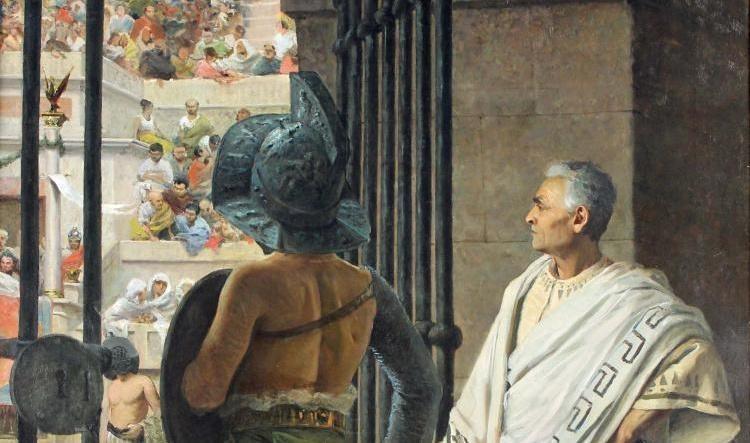Rucking, born from military training, has become a popular civilian workout thanks to its simplicity, functional benefits, and community spirit. It offers a unique blend of cardiovascular endurance, strength training, and mental clarity, all without the need for expensive gear or gym memberships. As more people seek practical, minimalistic approaches to fitness, rucking’s steady, weighted march is only gaining momentum. Rucking, once a niche military training method, has marched its way into the mainstream fitness world. Derived from the military term “ruck march,” it involves walking or hiking with a weighted backpack. What was once simply a soldier’s endurance test has become an accessible, full-body workout embraced by everyone from weekend warriors to suburban moms. Its appeal lies in its simplicity—no gym membership, no complicated equipment, just a sturdy pack, some weight, and the open road or trail. The barrier to entry is low, but the physical and mental rewards are
A Amanda Hicok




